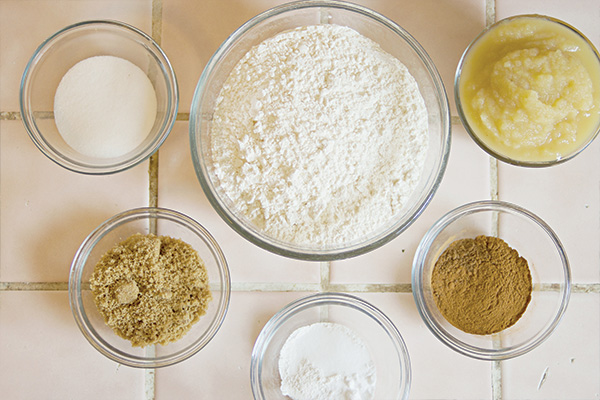Going gluten-free has become the sensation creating a confusion whether gluten is harmful to everyone. Today, major food companies and restaurants are introducing gluten-free meals for more than 5% of customers who have shifted to a gluten-free diet. This article explores the factors that determine whether you should go gluten-free.
What is Gluten?
It is a collective term used to describe numerous types of protein found in barley, wheat, triticale, and rye. The common gluten proteins in barley include hordein, while those in wheat include glutenin and gliadin. These proteins are highly elastic and have similar properties and structures, making them a favorite for making baked goods and bread.
Why Is Gluten Considered Harmful?
Gluten is common in most of the foods we consume today. Studies suggest that there are up to 20 grams of gluten in modern daily diets. This protein is highly resistant to enzymes responsible for food breakdown in the digestive tract leading to incomplete digestion and the build-up of peptides in the tract. The build-up forces the peptides through the small intestine’s walls into other parts of the body. The peptide penetration triggers an immune response common in gluten-related conditions such as dermatitis herpetiformis (DH) and celiac disease.
Benefits of Gluten
While gluten intake is discouraged for some people, there are good reasons why you need this protein.

1. Nutrition
You don’t have to give up on gluten unless you have a medical condition to manage. Your body requires at least 55% carbohydrates, most of which contain gluten. Cutting on these carbohydrates would eliminate crucial nutrients needed in a balanced diet. You also risk losing fiber, calcium, iron, and folate found in cereals and fortified bread. Although you can find supplements for these minerals, they are best absorbed when they come from food.
2. Weight Management
Losing weight should not be the reason you want to go gluten-free. The fad diets prove that losing weight is possible by cutting an entire food group from your diet. There are other easier and more effective ways to lose weight than going gluten-free. Simple practices like fruits and vegetables and reducing calorie intake is more easily adaptable and sustainable than choosing the risky and expensive gluten-free option.
3. Medical Diagnosis
Gluten intake is one of the simplest ways to determine whether you have gluten sensitivity, intolerance, DH, or celiac disease. When you visit a doctor for diagnosis, they conduct a blood test which involves finding a gluten antibody in your blood. The antibodies may not appear in your blood test if you have been avoiding gluten for some time leading to a possible false negative.
A strict gluten-free diet goes beyond avoiding pizza and bread. Gluten is also present in surprising products, and the trace amounts may be mild for people with gluten intolerance but severe for those who have celiac disease.
Your physician is best suited to guide you on how strict you need to be and the consequences if you let the diet slide a little.












